More IBCLC Support for Families
Recently we were celebrating good news for families. MaineCare, starting in 2026, will provide medicaid reimbursement for IBCLC home visits and private practice services. This makes the IBCLC level of support accessible to more families.
The original impetus behind this legislation was Mitchell Kohls, IBCLC. I talked with her about how this got under way.
This is an impressive example of advocacy and action.
When Mitchell Kohls became certified as an IBCLC in 2024, she wanted to offer home visits. “My first steps were to call MaineCare (about reimbursement for home visits) … After getting nowhere with MaineCare, I wanted to have more support behind this effort, the force of a whole coalition…I wanted to highlight that this is for the people, the families at home with new babies.”
Previously Mitchell had been a spokesperson in support of Paid Leave. However, this was the first time she was at the helm for a legislative action. “I started at the end of November and realized conversations with MaineCare weren’t going to be moving very fast. I thought something should be done, so I contacted Kara (Kaikini). She introduced me to legislators who had been helpful in the past. I reached out to these two legislators by email. Michelle Boyer was the main sponsor. Anne Carney was the secondary sponsor.”
They met on December 30th, a very short deadline.
All December Mitchell worked with Kara in their limited time between holidays. Right before Christmas, Mitchell spoke with the legislators. To get this started, she met with them on December 30th. This gave them an incredibly short deadline.
That’s because the cloture date was January 10. Cloture is the final date for presenting proposals. If they had no proposal with support by January 10, they’d have to wait until next term. Mitchell, Kara and the legislators continued working on this, quickly, until after the first week of January.
They had five days to review and correct the bill.
The next step was to send the proposal to the Advisor’s office. There it was checked for contradictions or repetition of other laws and proposals. Then it was returned from the Advisor’s office. There were five days to review and correct the bill wording. “You have to be fast… Amendments needed to be made to get to the final wording.” Mitchell said.
A particular concern was specifying the IBCLC credential.
“The original bill wording was vague and confusing about who would qualify.” CLCs do not have the same training requirements and scope of practice as the IBCLC credential. Therefore “Legislators didn’t want to broaden it (the credentialing) too much. They were concerned about the funding aspect.”
The general reaction was positive.
Even with this tight deadline and some confusion, Mitchell said “It never felt like I was fighting against anything. I had all these supporters and we were just gathering together to get this done. I had not heard a negative reaction. It was more like ‘Why isn’t this already a thing?’ The general reaction to this proposal, from legislators and other lactation advocates, was positive.”
Testimonies to the Joint Standing Committee on Health and Human Services were given in March. There were 48 submitted testimonies. Several IBCLCs and one MD spoke in person, all in favor. The Academy of Lactation Policy and Practice supported the bill, though wanted CLCs to be included.
Data shows IBCLC support lowers healthcare costs for babies and mothers.
Even though we were interrupted by two fire drills that afternoon, excellent questions were asked, all were heard and discussed. Samuel Zager, MD, a representative from Portland, was on the Health and Human Services Committee that heard testimonies. He noted that there is significant data about IBCLC support lowering the amount of urgent care. There is a financial improvement when babies and mothers are healthier
In 2025 LD 865 passed the House.
Then it passed the Senate and was funded by the Appropriations Committee. It has a new name: HP 551 and will go into effect in 2026.
With current concerns about health care budget cuts, Mitchell explained “Right now, there is a high potential for TMaH (Transforming Maternal Health Model) to help fund this. (There is a budget of $17 million.) In other states, providing more access to IBCLC care has been shown to decrease health care costs.”
Effective advocacy tools and resources.
Especially knowing the short timeline, I asked Mitchell what were the most effective advocacy tools? ”Having a coalition behind your efforts. The Maine Women’s Lobby is a huge help. They have so many resources for free to help you.”
This is an impressive story of one person and then many people. We thank cosponsors:
We thank Lily and Destie at the Maine Women’s Lobby for their guidance.
As health care clinics are closing, the service of being seen at home, sooner than later is invaluable for parents with a new baby. Thank you, Mitchell for addressing this problem and helping get it solved.
